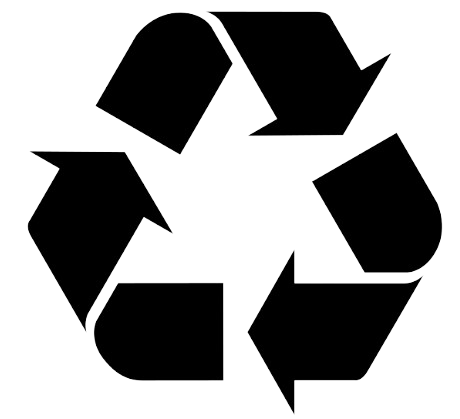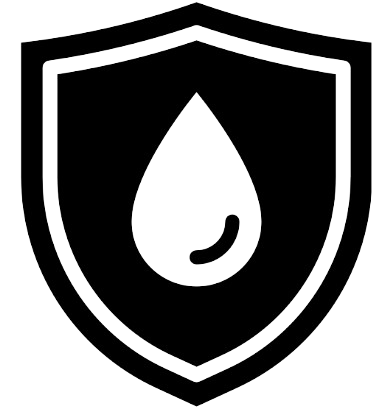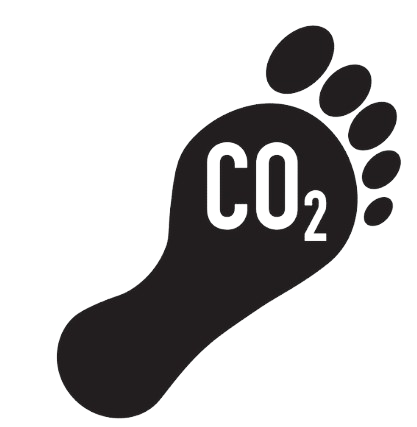Tackling the Plastic Problem: Can Brands Deliver on their Recycled Plastic Pledge?
.jpg)
In an age where environmental consciousness is paramount, the European Union (EU) is taking strides towards curbing plastic pollution with the implementation of the Single Use Plastic Directive. With plastics accounting for 85% of marine litter worldwide, this directive marks a pivotal moment in our battle against single-use plastics, as well as setting ambitious targets for brands to meet by 2025.
Why Introduce a Single-Use Plastic Directive
Plastic products are incredibly common in our daily lives due to their convenience and affordability. However, their persistent nature and inefficient recycling methods have led to a global environmental crisis. With alarming reports of plastic waste choking our oceans, endangering marine species, and polluting the environment, immediate action is crucial. The EU has recognised this pressing issue and responded with a directive that goes beyond mere economic considerations.
The Single Use Plastic Directive sets out a comprehensive strategy to significantly reduce the impact of single-use plastics on the environment and human health. It tackles items such as cutlery, plates, straws, beverage stirrers, cotton bud sticks, and other single-use plastic products. This legislative framework covers stringent regulations on both product design and waste management, aiming to shift towards a circular economy.
Targets for Brands
To effectively combat the environmental threat posed by single-use plastics, the EU has set rigorous targets for brands to comply with by 2025. These targets operate on two main fronts: reduction of consumption and increased recycling. Let's delve deeper into each aspect:
- Consumption Reduction
The directive calls for a significant reduction in the consumption of single-use plastics. This includes banning certain items, promoting sustainable alternatives, and adopting stricter product design guidelines. By cutting down on these unnecessary items, we can minimise plastic waste generation at the source. It also encourages brand owners to take responsibility for their products throughout their entire lifecycle.
- Increased Recycling
Promoting a circular economy is incredibly important when addressing the plastic crisis. The Single Use Plastic Directive urges brands to enhance their recycling efforts. By ensuring product packaging and plastic items are designed with recyclability in mind, brands can contribute to creating a closed-loop system. Additionally, the directive highlights the need for efficient collection and sorting systems that facilitate proper recycling, reducing the burden on the environment.
Will Brands Meet the Demand For Recycled Plastic?
“Brands want it, but they can’t get their hands on it,”
While the targets set by the EU's Single Use Plastic Directive are ambitious, they are not without challenges. Compliance with these targets necessitates significant investment in research, development, and innovation. Brands must proactively seek alternatives to traditional single-use plastic materials, reassess their supply chains, and collaborate with government bodies, NGOs, and consumers to achieve the desired outcomes.
A recent deep dive into recycling companies in Asia has uncovered a further set of challenges when it comes to reaching the 2025 targets. Asian recycling companies have announced that market volatility is making it hard to reach the demands of brands, especially multinational consumer goods brands.
Doug Woodring, managing director of Ocean Recovery Alliance, a Hong Kong-based waste non-profit, estimates that there is a six million-tonne shortfall in recycled plastic, stating, “Brands want it, but they can’t get their hands on it,”.
Recycled plastic is not priced higher than virgin plastic, which is one of the reasons why brands are likely to miss reaching their recycling targets. Consumer brands have reduced their recycled plastic spending as a result, despite making high-profile sustainability commitments to use more recycled content. While the targets do vary by company, few will meet their commitments - despite pressure from both consumers and environmental groups to tackle plastic pollution.
.jpg)
Did you know? The world’s biggest plastic polluter is Coca-Cola. The company produces 200,000 plastic bottles every minute and has pledged to use 50 per cent recycled content in its bottles by 2030.
To find out more about recycled plastic products or to discover how you can add recycled materials to your home or business, get in touch with a member of the Kedel team today. From plastic decking to plastic construction materials and more, we can help you reach your sustainability goals.

.png)

 100% Recycled Plastic
100% Recycled Plastic Will Never Rot
Will Never Rot 25 Year Guarantee
25 Year Guarantee Low Carbon Footprint
Low Carbon Footprint